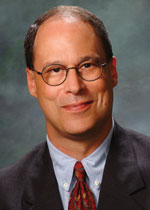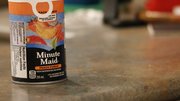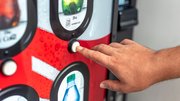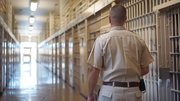Blog
NAC Fights Back As Illinois Seeks To Cap ATM Fees
April 26, 2017
TAGS: Illinois ATM fee cap, Illinois Legislature ATM transaction fees, House Bill 1274, Arthur Turner, National ATM Council, Bruce Renard, independent ATM operators |
 |
Bruce Renard |
SPRINGFIELD, IL -- A bill before the Illinois Legislature would cap ATM fees at $1 per transaction throughout the Prairie State. The amendment to House Bill 1274, sponsored by state Rep. Arthur Turner, (D-Chicago), is in response to increasing fees at ATMs, which are approaching $5 at some locations.
Financial institutions, retailers and independent ATM deployers oppose the bill. The Illinois Petroleum Marketers Association, Illinois Association of Convenience Stores, Illinois Bankers Association and National ATM Council (NAC) are among the trade groups challenging the fee-cap proposal.
"We were concerned that the bill, if enacted, would render most, if not all, retail ATM businesses unsustainable," said NAC executive director Bruce Renard. "The average surcharge by an ATM provider nationally is $2.60, but then the bank loads another $2.50 or $3 on top of our fees for using an out-of-network machine. That's where the high fees come from."
Since that breakdown of fees isn't listed on their statements and bills, many consumers blame the high fees on independent ATM operators. The $2.60 average rate, Renard emphasized, has held steady for several years.
"If they were looking into reining in the banks' automated processing fees, that's one thing," said an ATM professional close to the Illinois market. "However, if they're looking to reduce our fees, which go into overhead of purchasing, deploying and servicing the machines, that's something else entirely."
NAC said it is working with the other associations in challenging the bill. This involves reaching out to Turner and other sponsors of the legislation to explain why enactment of the extreme fee cap would not accomplish its intended purpose. If signed into law, communities that depend on convenient access to cash will see ATMs removed from many locations.
"One of two things will happen: there will be machines pulled or some other rate increase to make up for the lost revenue," Renard said. "However, based on our communications with the bill's sponsors, they seem willing to work with us to evaluate or develop other approaches that will help their constituents."
 ChatGPT
ChatGPT Grok
Grok Perplexity
Perplexity Claude
Claude






